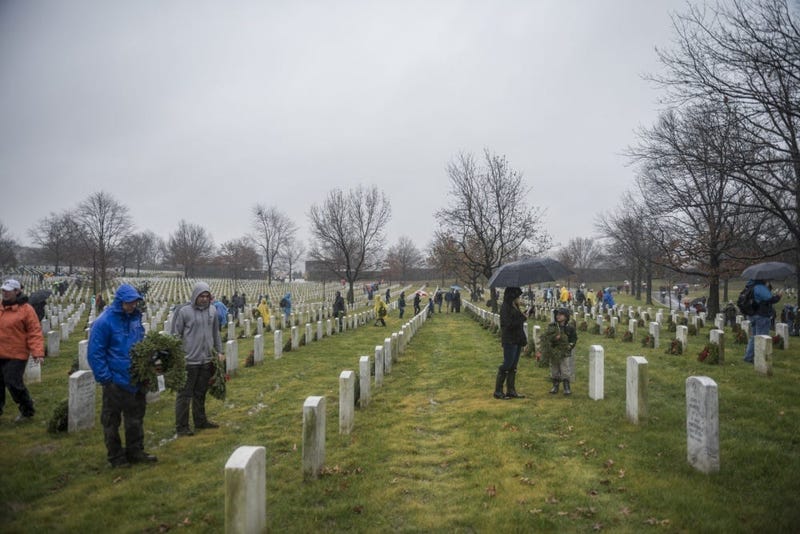
When someone loses a family member, new emotions start pouring in, plans have to be made, and life must continue as grief settles in. But for some, the paralyzing strike of loss never gets more relaxed and in fact, can stop people from moving forward with their lives.
Hoping to help those families, researchers are looking for surviving military family members to participate in a study that will shed some critical light on how those connected to the military can live life to the fullest, even after a sudden loss.
Scientists at the Uniformed Services University of the Health Sciences and Columbia University are looking for adults who suffered the loss of a service member who died in connection with their military service on or after 9/11. The Stepping Forward in Grief study features two online programs that will determine what can be done to help grieving families.
“A significant portion of individuals still experience elevated levels of grief with associated functional impairment, sometimes many years after,” says Dr. Stephen Cozza, a retired Army Col. and psychiatrist at Uniform Services University, helping to lead the study.
Cozza, with the help of his fellow researchers, recognized that some in the military community are experiencing issues related to their job, relationships or ability to go on with their day, all because of the intense grief they still carry with them.
Grief is no stranger to us. It’s one of life’s most common feelings, but Cozza says grief is intensely personal, and the nature of military deaths may be hard for some people to process.
“Sudden and violent deaths we know include or result in more challenging grief outcomes” adds Cozza. “They are unexpected, and they are the untimely death of a young person, typically.”
Those chosen for the study will be able to participate from their smartphones. From there, they’ll be randomized into either the GriefSteps or WellnessSteps program, but participants will not get to decide which group they will be in. Once in the program, every participant is assigned a guide to help them navigate the waters of the study, which can be contacted through the app.
Cozza stresses that the study is to determine what can be done to move forward with life after loss, not moving on. “It’s clear that the farther people get out from the actual death, the lesser the intensity of the grief,” he says.
“But there are also people years later who still are experiencing levels of grief that's not very different than those who had that experience in the last year.”
While there may be no cure for a lost loved one, Cozza is hopeful the study will help connect essential resources to those who feel a little lost.
Want to get more connected to the great stories and resources Connecting Vets has to offer? Click here to sign up for our weekly newsletter.
